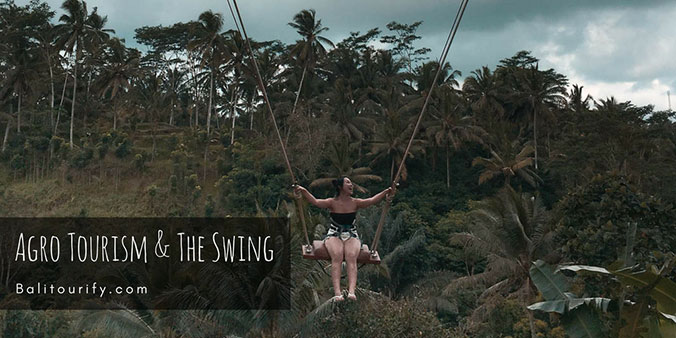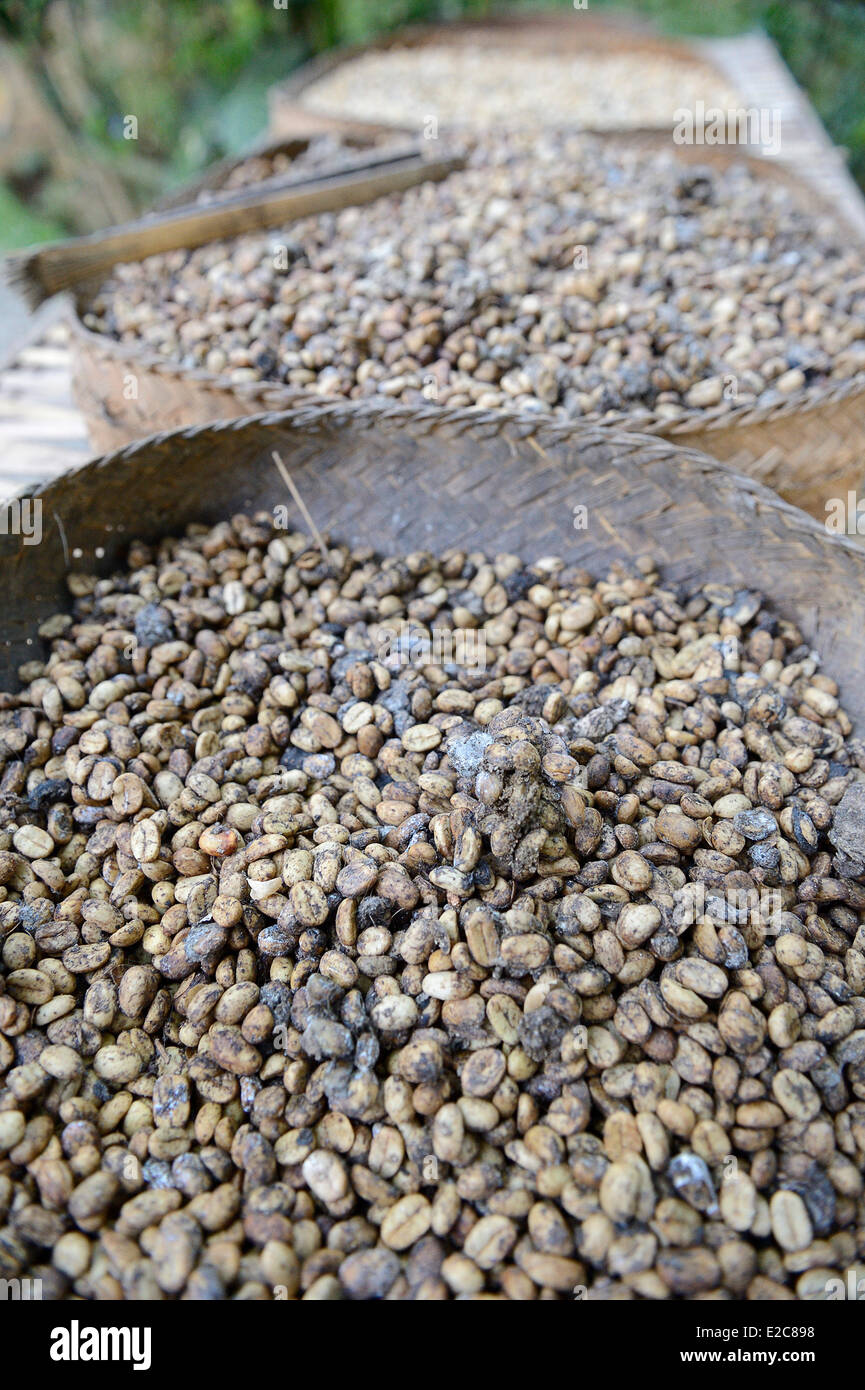Why Agrotourism in Ubud Is the Perfect Escape for Nature Lovers
Why Agrotourism in Ubud Is the Perfect Escape for Nature Lovers
Blog Article
Exploring the Abundant Culture and Breathtaking Landscapes of Agrotourism in Ubud
Ubud, typically celebrated as the heart of Bali, offers an one-of-a-kind possibility for those seeking to experience agrotourism that flawlessly blends cultural richness with awe-inspiring landscapes. As travelers browse with Ubud's dynamic tapestry of practices, they are invited to uncover the stories behind each social practice and landscape feature.
Uncovering Ubud's Cultural Heritage
Nestled in the heart of Bali, Ubud works as a vivid epicenter for those anxious to delve into the island's rich social heritage. Known for its imaginative customs, Ubud is a hub where ancient practices satisfy modern-day expressions, producing an unique tapestry of social experiences. Visitors are drawn to its myriad of workshops, holy places, and galleries, each providing a peek right into Bali's creative and historical heritage.
Central to Ubud's social attraction is the Ubud Royal residence, a significant landmark that stands as a testament to the area's royal heritage. The royal residence regularly holds conventional dancing performances, supplying a genuine understanding into Balinese storytelling through dancing and music. Moreover, the streets of Ubud are lined with galleries showcasing works of both popular Balinese artists and arising skills, mirroring the island's dynamic art scene.

Immersive Agricultural Knowledge

In addition, Ubud's agrotourism efforts commonly consist of workshops on sustainable farming techniques. These workshops emphasize the importance of natural farming, permaculture, and biodiversity preservation, commonly under the assistance of knowledgeable specialists. They function as an academic system for tourists, promoting a deeper appreciation for the intricacies of sustainable farming.
In addition, visitors can check out coffee and cocoa haciendas, where they discover the processes of farming and manufacturing. Directed scenic tours use in-depth descriptions of each action, from bean to mug or cocoa capsule to chocolate bar, improving the general understanding of these substantial agricultural products.
These immersive experiences not only enrich visitors' understanding of Ubud's agricultural heritage however additionally promote lasting tourism techniques, ensuring the conservation of these cultural landscapes for future generations.
Scenic Rice Terraces and Landscapes
Structure on the immersive farming experiences, visitors are drawn to the fascinating scenic rice terraces and landscapes that specify Ubud's countryside. The legendary Tegalalang Rice Terraces are especially renowned, providing a splendid display screen of Balinese resourcefulness in farming. These terraces are not just useful yet also offer as a testament to the unified partnership in between the Balinese people and their environment. The subak irrigation system, a UNESCO-recognized cultural heritage, showcases a ancient and lasting browse around this site method of water monitoring that remains to sustain local farming.
As site visitors traverse the winding courses through the terraces, they are met scenic views that stretch across green fields, punctuated by swaying coconut palms and the remote shape of Mount Agung. The landscape gives a calm background that invites consideration and gratitude of nature's appeal (Agrotourism in Ubud). For those thinking about photography, the ever-changing light and shadows cast by the dawn or sunset supply plenty of chances for recording sensational pictures
Beyond the balconies, Ubud's rolling hills and lush plant life develop a diverse tapestry that bids exploration. Hiking routes meander with these landscapes, enabling site visitors to get in touch with the land and experience the serene rhythm of country life.
Farm-to-Table Culinary Delights
Among the all-natural appeal of Ubud's landscapes, the farm-to-table motion offers a genuine cooking experience that links visitors with the area's farming heritage. This strategy commemorates the cooperative partnership in between the land and its produce, with neighborhood farms providing fresh, natural active ingredients to Ubud's innovative cooks. Visitors are welcomed to take part in a gastronomic trip where the beginnings of each active ingredient are transparently showcased.
In Ubud, farm-to-table dining goes beyond simple usage; it becomes an instructional experience. Restaurants frequently provide guided excursions of the farms providing their cooking areas, enabling restaurants to witness sustainable farming techniques firsthand. This link fosters a much deeper recognition for the meticulous care that enters into cultivating the crops and increasing animals.
The culinary offerings show the abundant diversity of Ubud's agricultural landscape, including recipes that highlight seasonal fruit and vegetables and conventional Balinese tastes. From vivid salads brimming with exotic greens to aromatic curries instilled with fresh recommended you read natural herbs, each plate is a testament to the region's plentiful harvests.
Moreover, the farm-to-table ethos supports regional farmers and communities, ensuring that agricultural customs are protected while advertising financial sustainability. This motion emphasizes a dedication to quality, sustainability, and the celebration of Ubud's distinct terroir.
Involving With Local Artisans
Lots of site visitors discover themselves mesmerized by the elaborate craftsmanship of Ubud's regional artisans, whose job reflects the region's rich cultural heritage. These craftsmens, commonly masters of their craft, contribute significantly to Ubud's dynamic social landscape. From standard batik textiles to meticulously sculpted wooden artifacts, each item narrates linked with generations of knowledge and tradition.
Engaging with these artisans supplies an one-of-a-kind possibility to delve much deeper right into Balinese society. Lots of workshops offer hands-on experiences, where travelers can find out strategies given with centuries. These interactive sessions not just foster admiration for the artisans' skills but likewise offer a significant link to the area's history and practices.
Site visitors can discover artisan towns such as Mas, renowned for its great timber carvings, or Celuk, popular for charming silver jewelry. Below, one can witness the dedication and precision required to develop each work of art. Getting straight from these artisans ensures that the profits support regional neighborhoods and sustain typical methods.
In Ubud, engaging with local artisans is not simply a vacationer task; it is an enhancing social exchange that improves the agrotourism experience, leaving visitors with a deeper understanding and admiration of Bali's imaginative heritage. - Agrotourism in Ubud
Conclusion
The exploration of Ubud's agrotourism offers a profound appreciation for Balinese cultural heritage and all-natural elegance. The integration of typical dancing, hands-on farming, and breathtaking rice balconies creates an one-of-a-kind tapestry of experiences that mesmerize site visitors. The farm-to-table culinary offerings showcase the region's agricultural bounty, while interactions with neighborhood artisans give insight right into Ubud's abundant imaginative practices. Jointly, these elements promote a deeper understanding and recognition of Ubud's sustaining natural and social allure.
Central to Ubud's cultural appeal is the Ubud Palace, a significant spots that stands as a testament to the area's imperial heritage.Ubud offers a myriad of read this article immersive agricultural experiences that permit site visitors to involve deeply with the island's agricultural lifestyle.Building on the immersive farming experiences, site visitors are drawn to the fascinating breathtaking rice terraces and landscapes that specify Ubud's countryside.Among the natural beauty of Ubud's landscapes, the farm-to-table activity supplies an authentic culinary experience that connects site visitors with the area's agricultural heritage.Several site visitors discover themselves captivated by the complex workmanship of Ubud's local craftsmens, whose work reflects the region's abundant cultural heritage.
Report this page